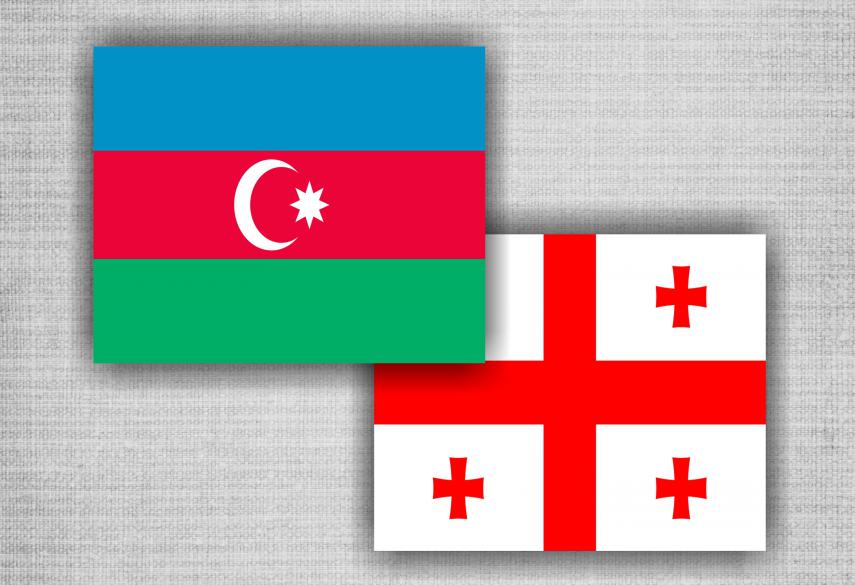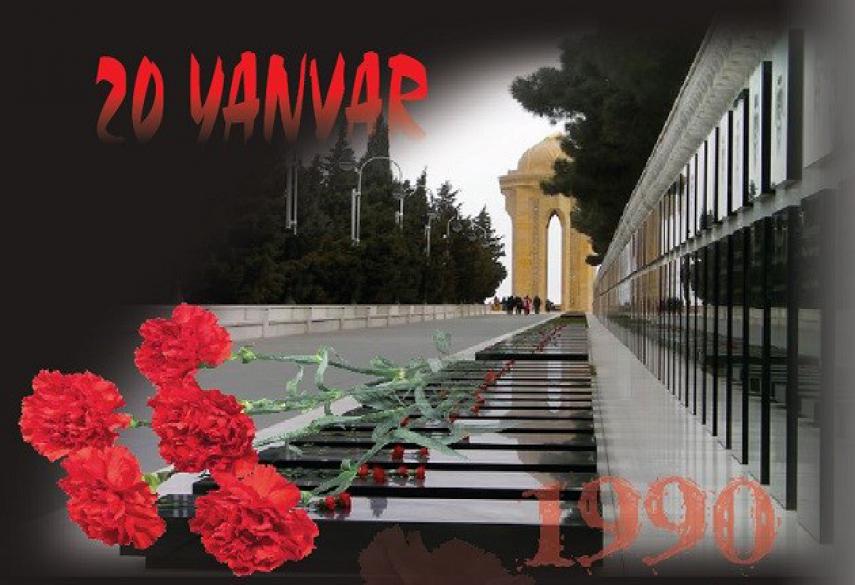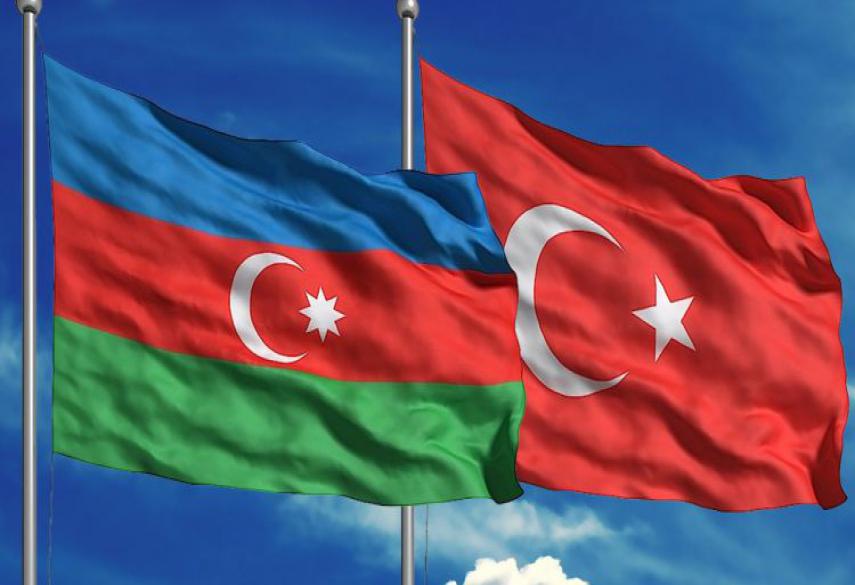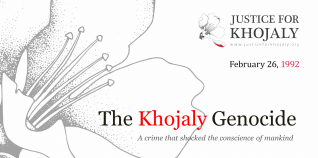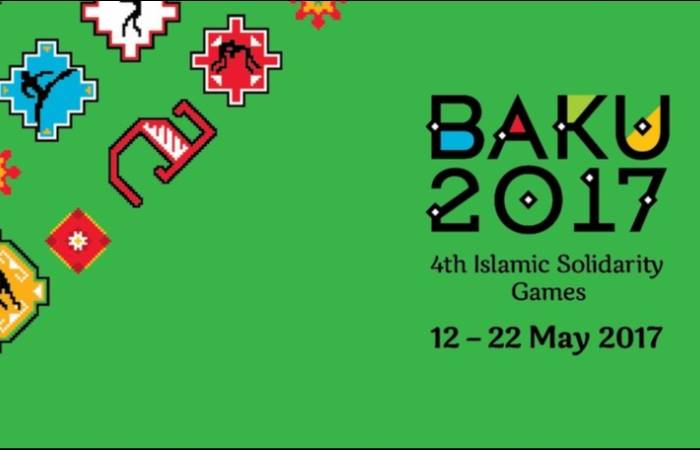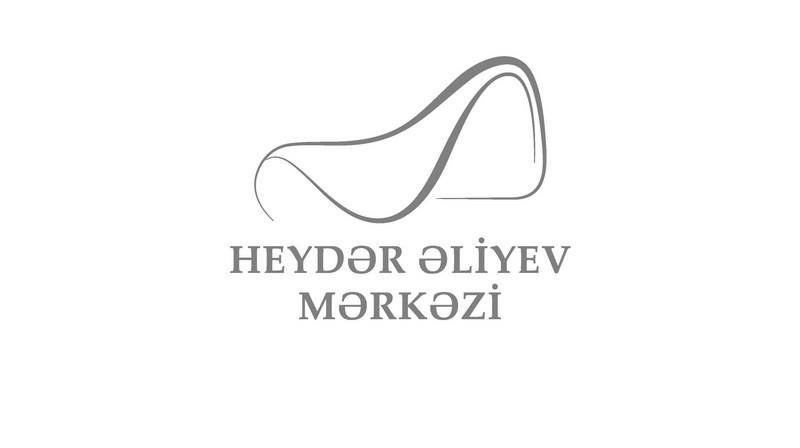Important position in the eastern partnership
In 2008, France initiated formation of a union for close cooperation between the EU and Mediterranean countries. This initiative is considered the basis to the Eastern Partnership (EaP). Governed by this idea, Sweden and Poland suggested applying the EU Neighborhood Policy to the eastern neighbors as well. In May 2009, the Eastern Partnership, more definite project of the European Neighboring Policy, was inaugurated.
The key goals of EaP include bringing partner countries closer to the EU standards, propaganda of democracy and correct administration, strengthening the energy security, assurance of stability, achieving economic and social progress, reducing social inequality and supporting the rise of stability, respect to superiority of law, human rights and freedoms, sustainable development, setting up a framework for discussion and solution of visa, free trade and energy security affairs between partner countries and the EU.
The Eastern Partnership is more definite in comparison with the European Neighborhood Policy, since it covers only 6 countries (Armenia, Azerbaijan, Belarus, Georgia, Moldova and Ukraine). To deeply integrate into the EU these 6 countries have to carry out series of socioeconomic reforms and conform their legislation to the EU standards.
EaP holds high-level summit every 2 years and meeting of foreign ministers annually. The summit dedicated to the fifth anniversary of the Eastern Partnership was held in Prague on April 25 this year. Delivering very interesting speech in the summit, President of the Republic of Azerbaijan Ilham Aliyev once again demonstrated the firm brotherly relationships between Azerbaijan and Turkey to the international community.
Taking advantage of the absence of Turkey in the summit, the Armenian president went completely beyond the subject of the summit’s plenary session, raised the issue of the fictitious “genocide” and accused Turkey of not opening the border with Armenia, adding that this country’s membership in the European Union was unacceptable. In response, the President of Azerbaijan said:
“… Unfortunately, the Armenian President has taken advantage of the opportunity to launch another attack on Turkey. It is easy to do so because there are no Turkish representatives around this table. But I am here and I can tell you why the Turkish-Armenian border remains closed. … As far as Turkish-Armenian relations are concerned, Turkish Prime Minister Erdogan made a statement several years ago, suggesting the Armenian leadership to open all the archives and historians to review the historical aspects of the relations between the two nations again. However, this suggestion was not properly received. Yesterday, Prime Minister Erdogan extended his condolences to people of Armenian origin, but unfortunately the Armenian side did not issue a relevant reaction to that either. Although, as I know, the United States and the European Union have praised the position of the Turkish Prime Minister, it appears that this is not enough for the Armenian government. This clearly shows who doesn’t want peace in the region. We want peace. We want our lands to be returned. Armenia must start withdrawing its troops from Azerbaijan’s occupied lands. It is very easy to do that. It only requires political will from the Armenian side.”
President of Azerbaijan Ilham Aliyev touched upon the Armenian-Azerbaijani, Nagorno-Karabakh conflict and said Azerbaijan wants the conflict to be settled peacefully. He stated the occupation continues to this day despite four resolutions of the UN Security Council, resolutions of the European Parliament and the Parliamentary Assembly of the Council of Europe. Armenia flouts these resolutions and continues the occupation of a territory that does not belong to it both historically and from the standpoint of international law.
Besides, President Aliyev updated the participants of the works done in Azerbaijan in the past years, mentioned the statistical results of political, economic and other reforms.
The Turkish mass media highlighted the response of President Ilham Aliyev to the Armenian president in the summit. Such influential newspapers in Turkey as “Sabah”, “Milliyet”, “Radikal”, “Akşam”, “Posta”, “Cumhuriyet”, “Hurriyet Daily News”, TV channels “TGRT”, “TRT Türk”, “TRT Avaz”, “TRT Haber” covered President Aliyev’s decisive position. It once more proves Azerbaijan and Turkey always back each other as the two brotherly countries.
Laman Khalilova,
"Azerbaijan Realities".






